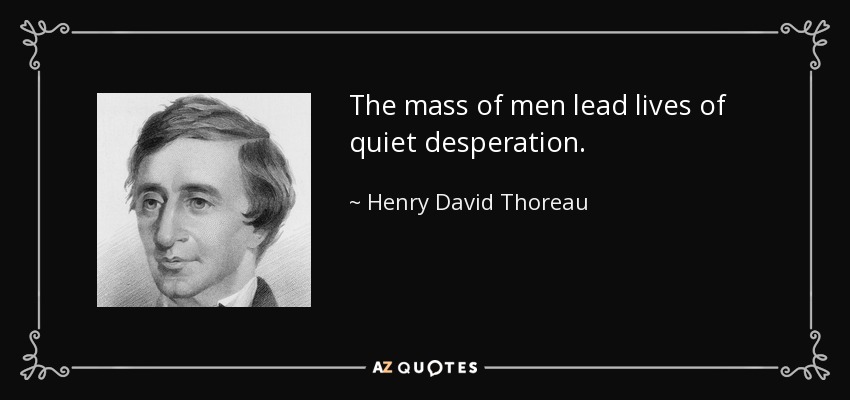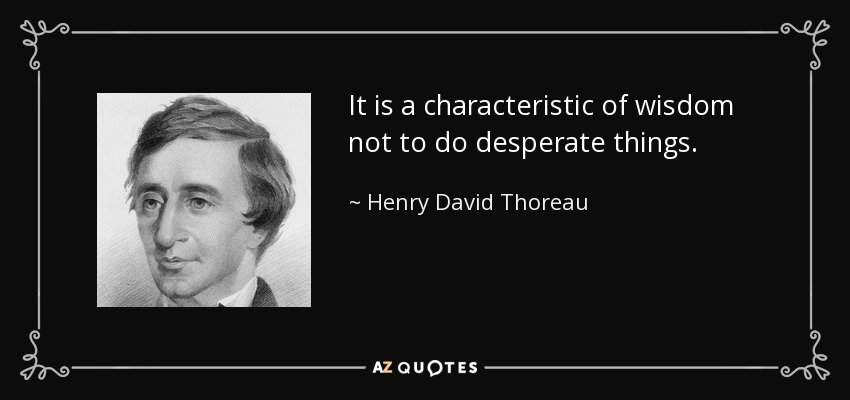It’s an odd thing. Many people write to me. A surprising number of them tell me of their troubles, some of which are sweeping. Trading troubles. Spouse troubles. Do I seem empathic? Perhaps. I should take it as a compliment. Or maybe on bad hair days, I resemble Ann Landers, which compels strangers to write Anyway, I am reminded of this quote we have all heard:

In this age of social media, there is a worldwide impetus to make one’s life seem as marvelous as possible at all times. All the world’s a stage, thus it is our duty to post smiling pictures, cheerful news, and charming bon mots incessantly. It’s as if the schmaltzy Christmas Family Update letters that I grew up with have turned into a 365-days-a-year event.
I fully understand, though. I’m not exactly a major presence on the Internet, but I’ve got a little bit of a following. I’ve got about 21,000 Twitter followers, and a regular audience on my tastytrade show, and of course my little corner of the web that you’re reading at this very moment.
Am I utterly truthful and open about every single aspect of my life? Of course not. But this isn’t the Tim Knight Revealed broadcast. It’s a site about using charts to make trading decisions. Yet I can’t get away from the fact that it’s also about me, even obliquely. And about you. Because a lot of us are, in one way or another, the same boat, so we take solace and a sense of solidarity out of shared experiences and insights.
Doing this as long as I have – – online since 1982, and on Slope since 2005 – – has definitely given me a sense as to how people position themselves and how they interact with each other online. You know all the sniping and tweaking that I’m constantly trying to corral in the comments section? There isn’t one new thing about it. It was exactly the same on CompuServe back in 1982. People haven’t changed. It’s just the means by which they have to quarrel with one another has become ubiquitous.
Since I’m a fan of depressing movies, I must drag out another cultural reference of which I am reminded with this whole “false front” thing; here are a portion of the lyrics from Song for Caden from one of my favorite movies, Synecdoche, New York:

Allow me to close with something which isn’t quite so emotionally downtrodden. As I said up top, we’re all familiar with Thoreau’s famous quote about quiet desperation, but a few sentences later, he had this important conclusion from that observation about desperation itself, and this is a sentence which far fewer people ever heard:


